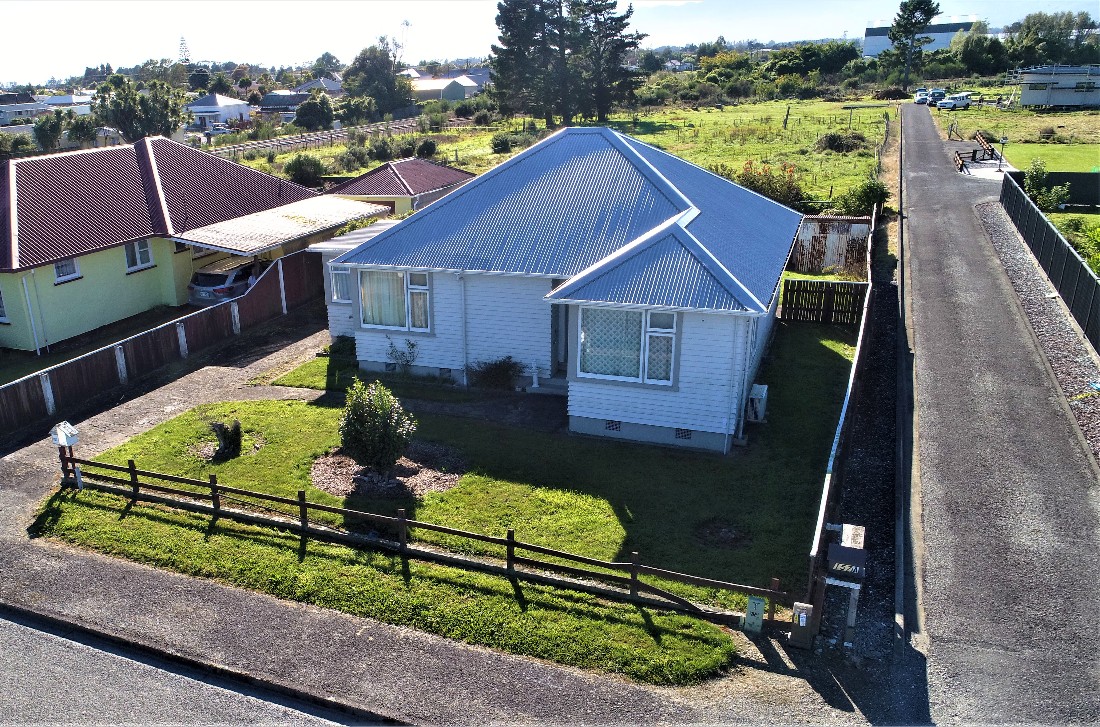A rating valuation is assigned to every property in New Zealand and is made up of:
- Capital Value (CV) - this is what your property is likely to have sold for at the date of the council’s last general valuation. It includes buildings and improvements. It does NOT include chattels, stock, crops, machinery or trees. The CV is also known as the Rateable Value (RV), and was previously known as the Government Valuation (GV).
- Land Value (LV) - this is the mostly likely selling price of bare land at valuation date. It includes drainage, excavation, filling, retaining walls, reclamation, grading, levelling, vegetation clearing, soil improvement, and protection from erosion or flooding. It does NOT include buildings. Land Value is used by the Buller District council to levy its general rates.
- Value of Improvements (VI) - this is just the difference between the land value and the capital value. It’s important to note here it does not mean the replacement cost of buildings and services on a property. It reflects the value which buildings and improvements add to the bare land.




